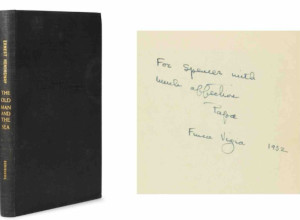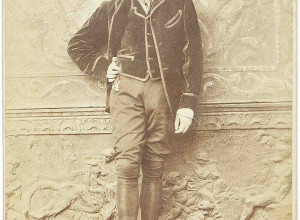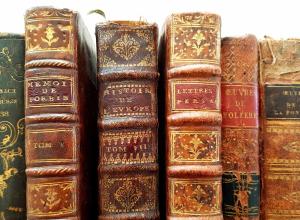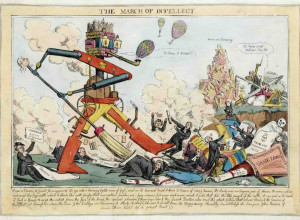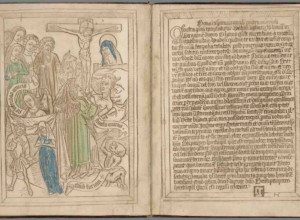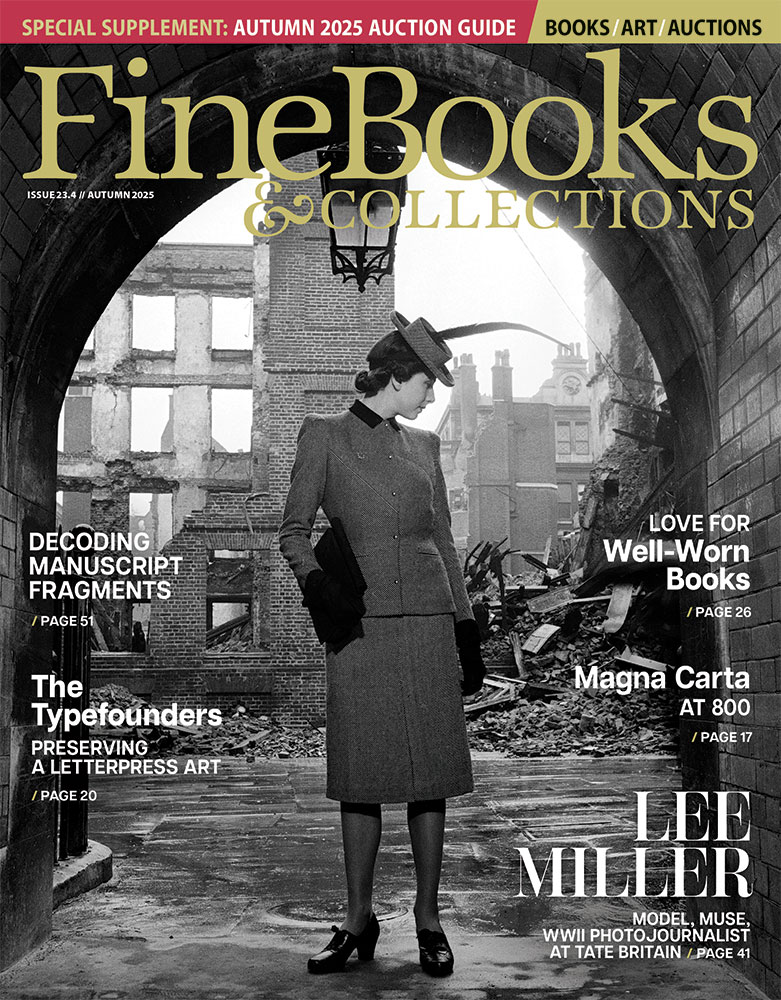Sylvia Plath's Unabridged Journals & Enduring Influence
A fit of despair over her troubled marriage to fellow poet Ted Hughes led Sylvia Plath to commit suicide in 1963. In the years that followed, Plath's work would achieve acclaim and accolades, assuring her a place in the pantheon of American poets. Plath's sharp, spare verses are the result of many drafts and revisions. Her journals, on the other hand, were an opportunity for Plath to write freely and unencumbered by critical eyes.
In the summer of 1950, just before matriculating at Smith College, Plath began recording the events of her life in almost obsessive detail, and would ultimately cover topics from her never ending quest for poetic perfection to Hughes' spousal infidelity. Since she died without a will, Plath's literary estate was left in the hands of her estranged husband. Hughes published her journals in 1982, however acknowledged that he had excised unsavory and unflattering entries from the last two notebooks spanning 1959 through 1962.
 In 1981, Smith College president Jill Ker Conway facilitated the purchase of the Plath collection, which includes letters, poems, as well as the poet's personal journals. The college's associate curator of special collections, Karen V. Kukil, transcribed twenty-three original manuscripts and published them in 2000, (Anchor Books) unabridged and including more than four hundred previously unpublished pages. (A full review and examination of these journals, written by none other than Joyce Carol Oates, can be found here.)
In 1981, Smith College president Jill Ker Conway facilitated the purchase of the Plath collection, which includes letters, poems, as well as the poet's personal journals. The college's associate curator of special collections, Karen V. Kukil, transcribed twenty-three original manuscripts and published them in 2000, (Anchor Books) unabridged and including more than four hundred previously unpublished pages. (A full review and examination of these journals, written by none other than Joyce Carol Oates, can be found here.)
While there aren't many events or celebrations planned on the eve of what would be Plath's 82nd birthday, her influence continues to reverberate throughout the literary community. Author Meg Wolitzer (The Interestings; Sleepwalking) references Plath frequently in her work. Belzhar (September 2014; Dutton Juvenile) - the title evoking Plath's The Bell Jar, - examines how a young girl grapples with grief by studying Plath's oeuvre and then writing her own journal. Two other recently published young adult books reference Plath as well - see Bookriot's reviews from earlier this month. These novels target the 13-17 female demographic, a group who may in turn be inspired to pick up a volume of the genuine article and see for themselves the introspective, cathartic power of Plath's poetry.
Ted Hughes & Sylvia Plath, Concord, MA, December 1959. Photograph by Marcia Brown Stern
Credit: Sylvia Plath Collection, Mortimer Rare Book Room, Smith College, © Marcia B. Stern
Related articles- Sylvia Plath Reads Her Poetry: 23 Poems from the Last 6 Years of Her Life (openculture.com)
- 3 On A YA Theme: Sylvia Plath (bookriot.com)






